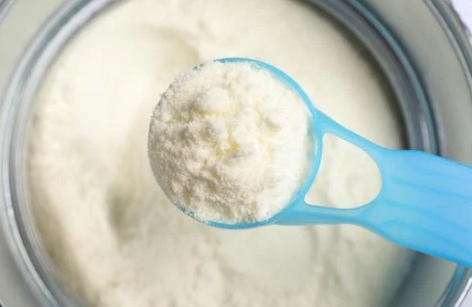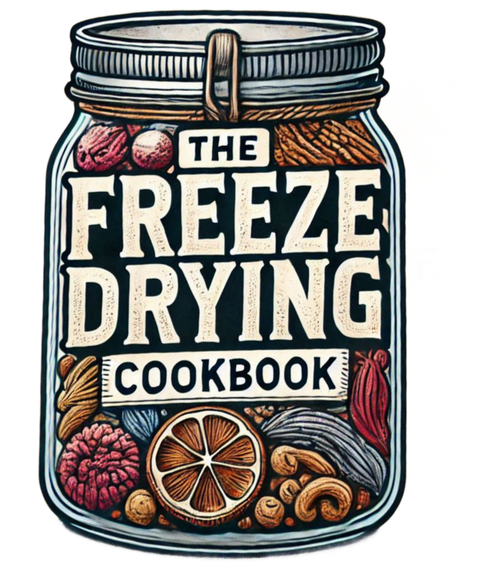We tried almond, coconut, oat and soy milk
1 quart of milk is about 8 cups
Directions:
1. Add parchment paper to your trays
2. Pour the milk into your trays
3. Pre Freeze when possible
4. Freeze dry (my cycle time was 48 hours)
5. Powder the milk into a fine powder
6. Store in jars for short-term use or in mylar bags for long-term storage
Rehydration:
Add 1 cup of cold water to 1 cup of freeze-dried milk powder. Stir or shake in a jar. Enjoy
Notes:
All of these rehydrated well. However, non-organic milk may have a shorter shelf life due to added ingredients and preservatives. Many non-organic options contain added oils, which can affect long-term storage. In contrast, organic milks typically have fewer additives and no added oils, making them a better choice for extended storage. Homemade plant-based milks seem to freeze-dry very well.
Nutritional Value Per 1 cup organic soy milk
Calories: 80 Protein: 7 g Fat: 4 g Carbohydrates: 4 g Sugar: 0 g Fiber: 4 g
Nutritional Value Per 1 cup organic oat milk
Calories: 90 Protein: 3 g Fat: 2 g Carbohydrates: 15 g Sugar: 4 g Fiber: 2 g
Nutritional Value Per 1 cup organic almond milk
Calories: 40 Protein: 1 g Fat: 3 g Carbohydrates: 2 g Sugar: 0 g Fiber: 3 g
Nutritional Value Per 1 cup organic coconut milk
Calories: 40 Protein: 0 g Fat: 4 g Carbohydrates: 2 g Sugar: 0 g Fiber: 0 g
Cycle times & rehydration for reference only. Your results may vary.



Comments (0)
There are no comments for this article. Be the first one to leave a message!